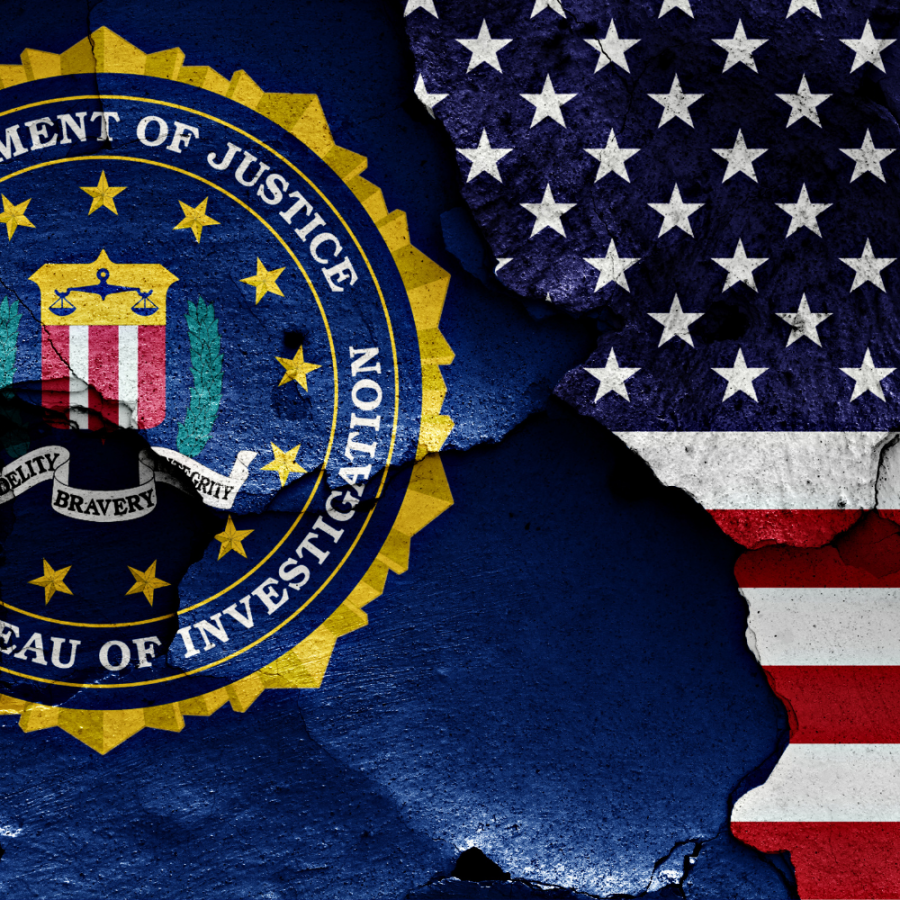How Gabby Petito is Another Example of Selective Enforcement
One of America’s most recent manhunts has come to an unfortunate ending as the convict, Brian Laundrie, and his girlfriend Gabby Petito were found dead. America was kept on the edge of its chair as the FBI, “Dog” the renowned bounty hunter, and many others took on the challenge to search for the escaped felon. However, I believe it proves that there is bias in the policing system when judging which cases should be deemed more important.
Gabby Petito was a 22-year-old travel influencer who went on a seemingly innocent road trip across the nation with her boyfriend. All turned into a nightmare as her remains were found in Wyoming and Laundrie became a fugitive.
Social media played a big role in the hunt for Laundrie as sources were connected to track his actions. One family claimed they witnessed the couple screaming and fighting at a popular Tex-Mex restaurant in Wyoming while another said they gave a suspiciously acting hitchhiker (Brian Laundrie) a ride back from the woods where Petito was killed.
It is understandable that more attention was drawn to this case due to Petito’s large following, but otherwise, what makes it different from other missing person cases? In 2020, the National Crime Information Center reported 543,018 missing person cases. Understandably, it would be inefficient to treat each case like Petito, but even if a tenth of the effort given to her case was used, there would be a big change in resolved incidents and overall safety.
This spurs the idea of selective enforcement. This term encompasses how a police officer is responsible for the interpretation and enforcement of the law. I also inferred it means the police force having the ability to deem certain cases as more important than others.
For example, to please the media, the police had to send as many rescue teams as possible to look for Petito’s body. Meanwhile, they couldn’t provide personnel to other calls because they were dedicating their whole search and rescue department to one person.
The idea of prioritizing crimes to solve is unacceptable. Factors such as ethnicity, criminal records, gender, popularity, and the officer’s life/morals can also contribute to the deemed importance of a case or laws.
In another scenario, the guide to “Ethics in Law Enforcement” presents there being an obnoxious man and an officer. Because the person is annoying, the police officer might want to give him a small violation like not having a bell on his bicycle. Yet, the officer would never enforce that on a regular respectful person.
Although one might think morally the police officer had the right to give the obnoxious man a small violation, by law he shouldn’t because it is their duty to separate bias and the law.
Others might disagree saying that opinions give police officers judgement on how to correctly fulfil their job, but this can lead to problems in prioritizing the service of some people over others.
Allowing biases can create further problems like deciding to treat a case with less importance because of race, gender, or having a seemingly “small” impact on their life.
Brought up comically, Ellen DeGeneres speaks about her interactions with the police as she was caught off guard by a “hidden” traffic cop. On both accounts, rather than giving her a speeding ticket the officers asked for a selfie instead. Had it been a regular person the officer would have most likely given out a ticket.
The matter of deeming certain people as more deserving of help and others to be ignored seems to repeat in many scenarios.
I believe that this problem can be solved if police are taught during training to put their personal opinions aside. Every 5 years a police officer should reupdate their skills/knowledge at a police academy. The curriculum of the police academy should specialize in locating and overcoming bias in officers, so they treat everyone equally and accordingly.
References
Maxouris, Christinea. (2021, October 21). Atimeline of 22-year-old Gabby Petito’s case. CNN. https://www.cnn.com/2021/09/16/us/gabby-petito-timeline-missing-case/index.html
McCartney, Steve, & Parent, Rick. (2015). Ethics in law enforcement. BCcampus. https://opentextbc.ca/ethicsinlawenforcement/chapter/selective-enforcement/
Statista Research Department. (2021, March 10). Number of NCIC missing persons files in the United States in 2020, by race. Statista. https://www.statista.com/statistics/240396/number-of-missing-persons-files-in-the-us-by-race/












